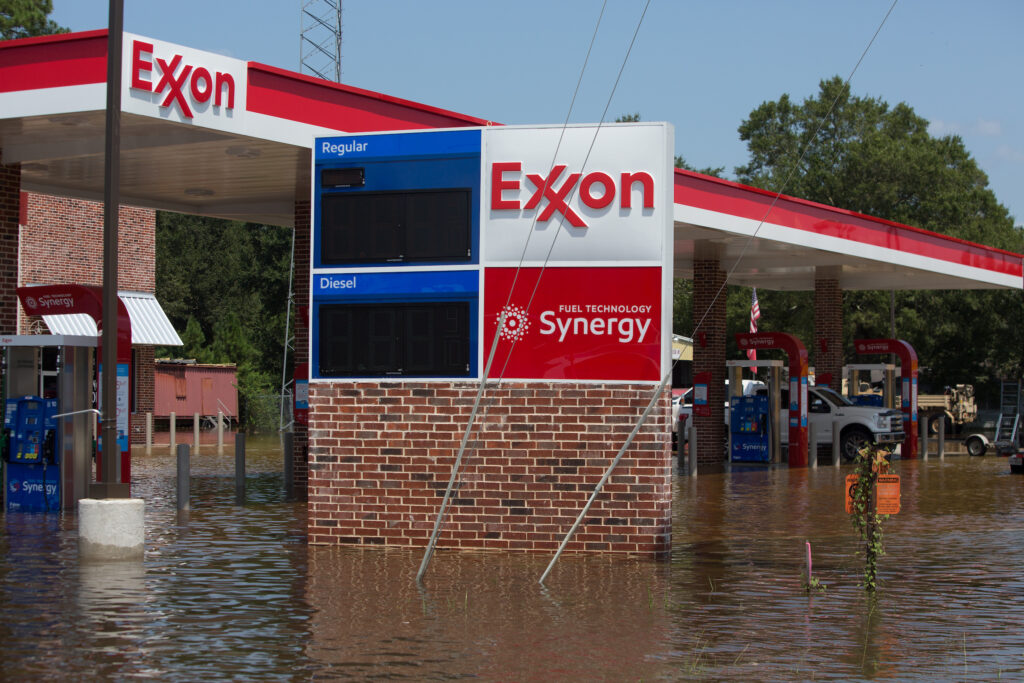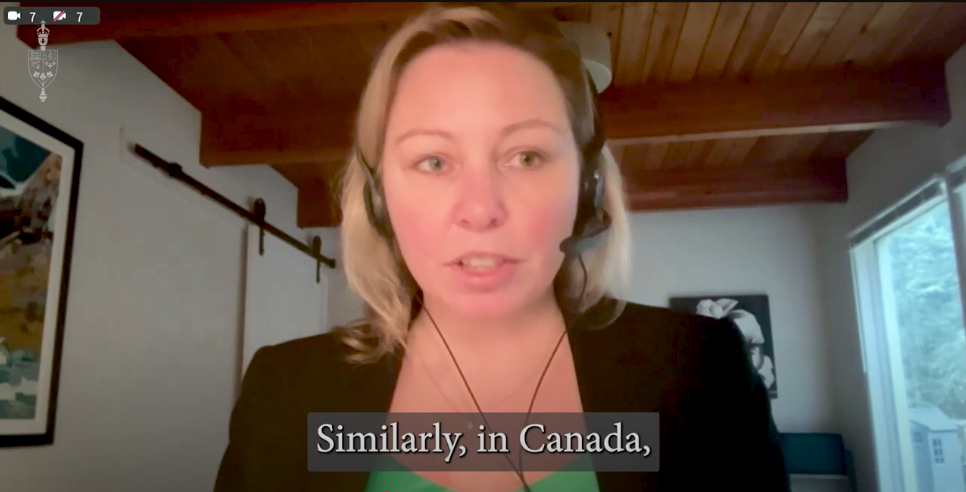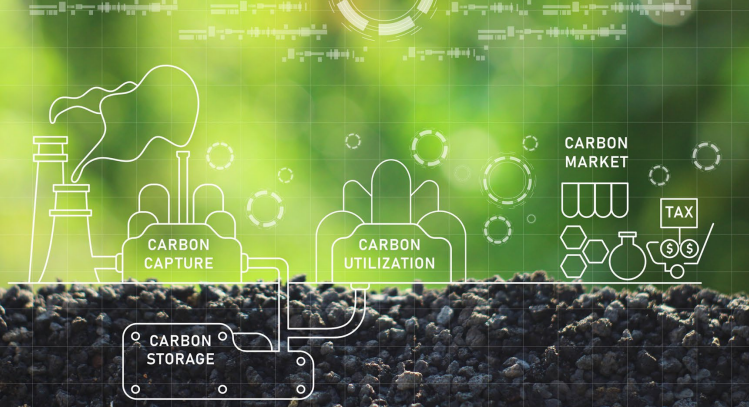Shell has appeared in court in the Netherlands accused of breaching its duty of care obligations and human rights law by failing to take strong action on climate change.
The climate litigation case, brought by the Netherlands branch of Friends of the Earth known as Milieudefensie and more than 17,000 Dutch co-plaintiffs, is an attempt to force the oil major to make much bigger changes to its business to minimise its global warming impact.
Shell’s business is jointly registered in the Netherlands and the UK, which gives campaigners grounds to bring the case in The Hague.
At the hearing, which began on 1 December, lawyers for Milieudefensie accused Shell of “unlawful endangerment” under Dutch law by knowingly undermining the world’s chances of keeping global average temperature rise below 1.5 degrees Celsius, in line with the goals of the Paris Agreement.
A finding of unlawful endangerment – the equivalent of “hazardous negligence” in other jurisdictions – can be reached if the danger itself is significant, the organisation is sufficiently aware of the problem and alternative courses of action are available.
Shell is responsible for around two percent of all global carbon dioxide and methane emissions between 1894 and 2010, research has previously shown, and has been aware of the causes and dangers of climate change for nearly 40 years.
Alternative business models
In attempting to show the potential for other ways of doing business, Milieudefensie point to the Danish energy firm formerly known as Danish Oil and Natural Gas (DONG). In 2017, DONG announced that it would transform from a fossil-based to a renewable energy company, under the new name Ørsted, and would aim to cut its emissions by 96 percent by 2035.
Lawyers for Friends of the Earth also accuse Shell of violating articles 2 and 8 of the European Convention on Human Rights: the right to life and the right to family life.
“This is a unique lawsuit with potentially significant consequences for the climate and the fossil fuel industry globally,” said Milieudefensie director Donald Pols. “We are confident that the judge’s final verdict will force Shell to adhere to international climate goals and stop causing dangerous climate change.”
Milieudefensie first threatened legal action against Shell in 2018, after the company announced plans to continue to allocate around 95 percent of its investments to extracting more oil and gas. They delivered a court summons a year later.
Earlier this year, Shell set out a strategy to reduce its greenhouse gas emissions to net zero by 2050. But it has not committed to fully decarbonising “scope 3” emissions caused by customers using its fossil fuel products or to stop exploring for new oil and gas.
Climate litigation victory
Campaigners were inspired by the success of the Urgenda Foundation’s successful case at the Netherlands Supreme Court last December, in which the Dutch government was ordered to take much more decisive action on climate change. The Shell case is represented by Roger Cox, the same lawyer who initially represented Urgenda.
During the first days of the hearing, the court heard debate about whether Dutch law applies to Shell’s international policies and how much control a company as large as Shell has over its subsidiaries.
These issues have come up before, in one of several lawsuits faced by Shell in relation to its actions in Nigeria. In 2017 the UK High Court ruled that the company had no legal responsibility for chronic pollution caused by its subsidiary in the Niger Delta. But law firm Leigh Day appealed and the case will soon be heard in the Supreme Court.
Ideally, Milieudefensie would like to see Shell forced to cut its overall CO2 emissions by 45 percent by 2030 compared to 2019 levels, arguing that the Paris Agreement simply cannot be met otherwise.
Pols said Shell was one of the most powerful and polluting corporations in the world and had “got away with greenwashing for too long”.
In a statement, Shell said it agreed with Milieudefensie “that action is needed now on climate change” but this would be achieved by “effective policy, investment in technology and changing customer behaviour. None of which will be achieved with this court action.”
It also said that, while it supports the goals of the Paris Agreement at the global level, “companies are not party to the Paris Agreement, making this case fundamentally different to the Urgenda case”.
Subscribe to our newsletter
Stay up to date with DeSmog news and alerts







